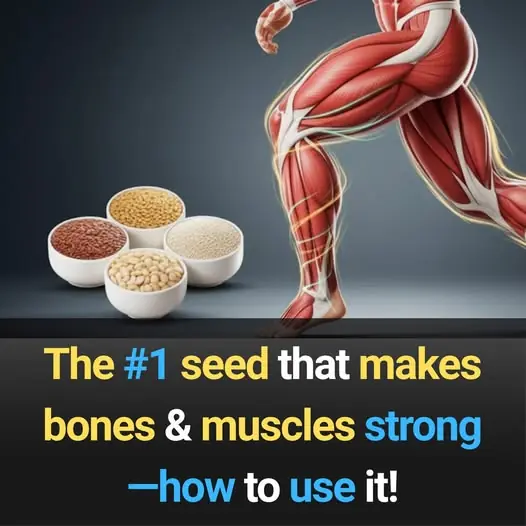
🩺 If Your Kidneys Are in Danger, Your Body Will Warn You With These 8 Signs

- Needing to pee multiple times during the night (nocturia)
- Caused by damaged filtering units (nephrons) working overtime
- Often mistaken for prostate issues or aging
📌 Not normal after age 50 if new or worsening.
2. Foamy or Bubbly Urine
- Looks like soap suds — doesn’t go away quickly
- Sign of protein in the urine (proteinuria) — a key marker of kidney damage
- Healthy kidneys keep protein in the blood; leaky ones let it escape
🧪 Dipstick tests at routine checkups can detect this early.
3. Swelling in Feet, Ankles, or Face
- Fluid builds up because kidneys can’t remove excess water and sodium
- Pitting edema: Press your finger into the skin — if an indent remains, it’s serious
✅ Common in legs and around eyes upon waking.
4. Fatigue and Weakness
- Kidneys produce erythropoietin (EPO) — a hormone that tells your body to make red blood cells
- Damaged kidneys make less EPO → fewer oxygen-carrying cells → constant tiredness
🧠 This fatigue isn't relieved by sleep — it lingers.
5. Shortness of Breath
- Two possible causes:
- Anemia from low EPO
- Fluid buildup in the lungs due to poor fluid regulation
🚨 If sudden or severe, seek immediate help.
6. Metallic Taste in Mouth or Ammonia Breath
- Waste products build up in the bloodstream (uremia)
- Causes bad breath that smells like ammonia
- Food tastes different — meat may taste metallic or foul
🍽️ Some say their favorite meals suddenly repel them.
7. Nausea, Vomiting, or Loss of Appetite
- Toxins accumulate in the gut when kidneys fail to filter them
- Feels like persistent stomach flu with no cause
⚠️ Often dismissed as stress or indigestion.
8. Itchy Skin or Dryness
- Imbalance of minerals like phosphorus and calcium leads to intense itching
- Poor kidney function disrupts vitamin D activation and mineral balance
🧴 Lotions don’t help — the issue is internal.
✅ How to Test Your Kidney Health
You don’t need symptoms to check your kidneys.
Ask your doctor for these two simple tests:
1. eGFR (Estimated Glomerular Filtration Rate)
- Blood test measuring how well your kidneys filter waste
- Normal: ≥90 mL/min
- Stage 3 CKD: 30–59 mL/min
🩸 Based on creatinine levels, age, sex, and race (though race adjustments are being phased out).
2. Urine Albumin-to-Creatinine Ratio (UACR)
- Checks for protein leakage in one urine sample
- Normal: <30 mg/g
- High: >30 mg/g = early kidney damage
🔁 Recommended annually for people with diabetes, hypertension, or family history.
✅ What You Can Do to Protect Your Kidneys
💧 Small choices today protect your kidneys tomorrow.
❌ Debunking the Myths
🚨 When to See a Doctor
Seek medical evaluation if you:
- Have any of the 8 signs above
- Live with diabetes or high blood pressure
- Have a family history of kidney disease
- Notice sudden changes in urination or swelling
🩺 A nephrologist (kidney specialist) can help manage early-stage disease and prevent complications.
Final Thoughts
You don’t need to wait for pain to take care of your kidneys.
But you should pay attention to what your body quietly tells you.
So next time you're feeling unusually tired… pause.
Ask yourself:
When was the last time I had my kidneys checked?
Then act — gently, wisely, and with courage.
Because real prevention isn’t loud. It’s silent. And sometimes, it starts with one lab test — and one decision to care.
And that kind of awareness? It could save your life
News in the same category

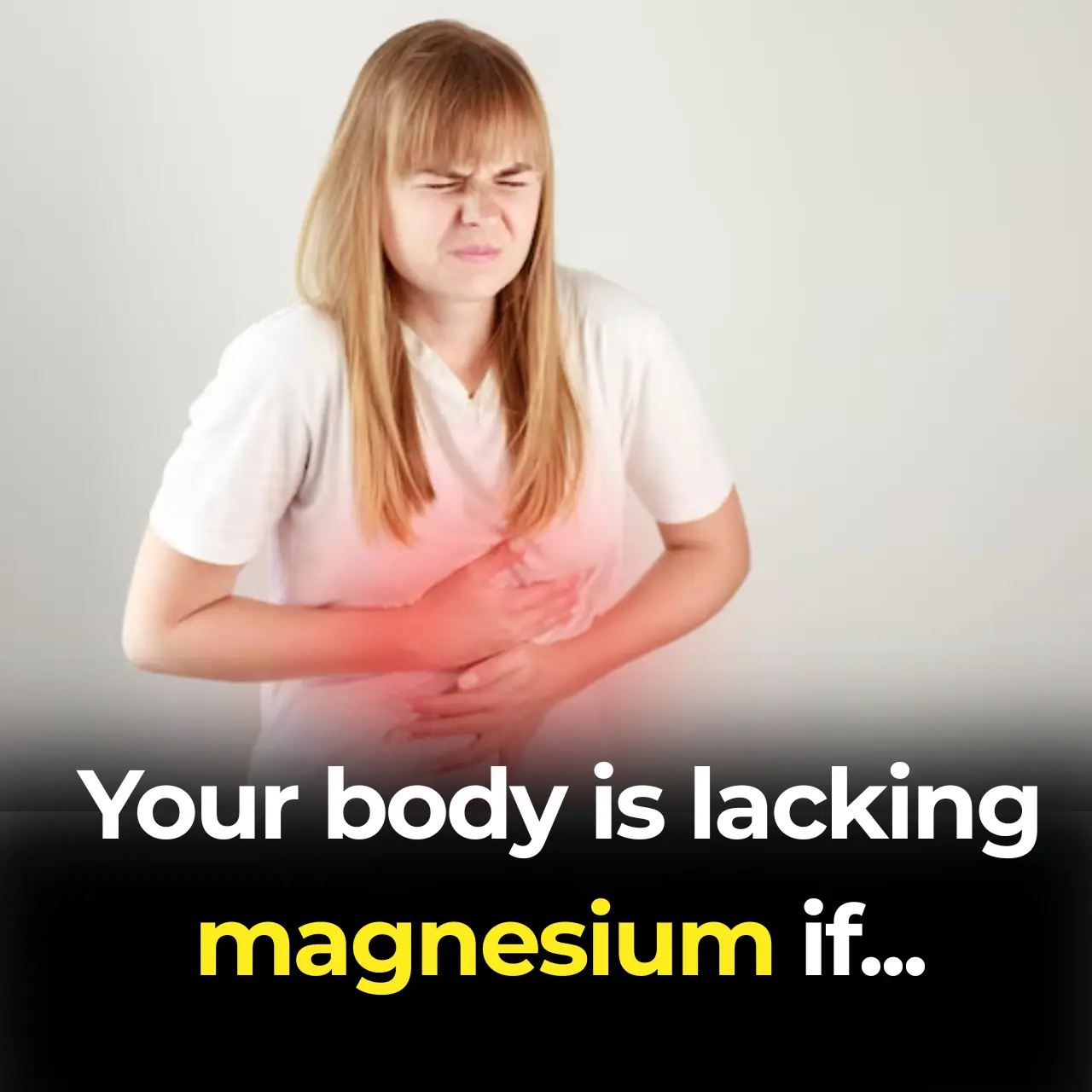
14 Warning Signs of Low Magnesium Levels and What to Do About It (Science Based)
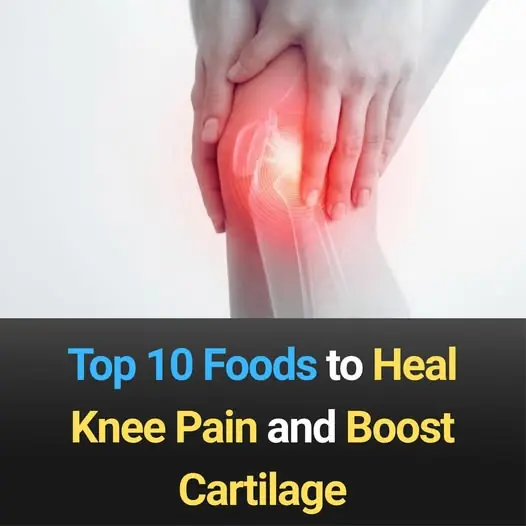
Top 10 Foods to Heal Knee Pain and Boost Cartilage Naturally
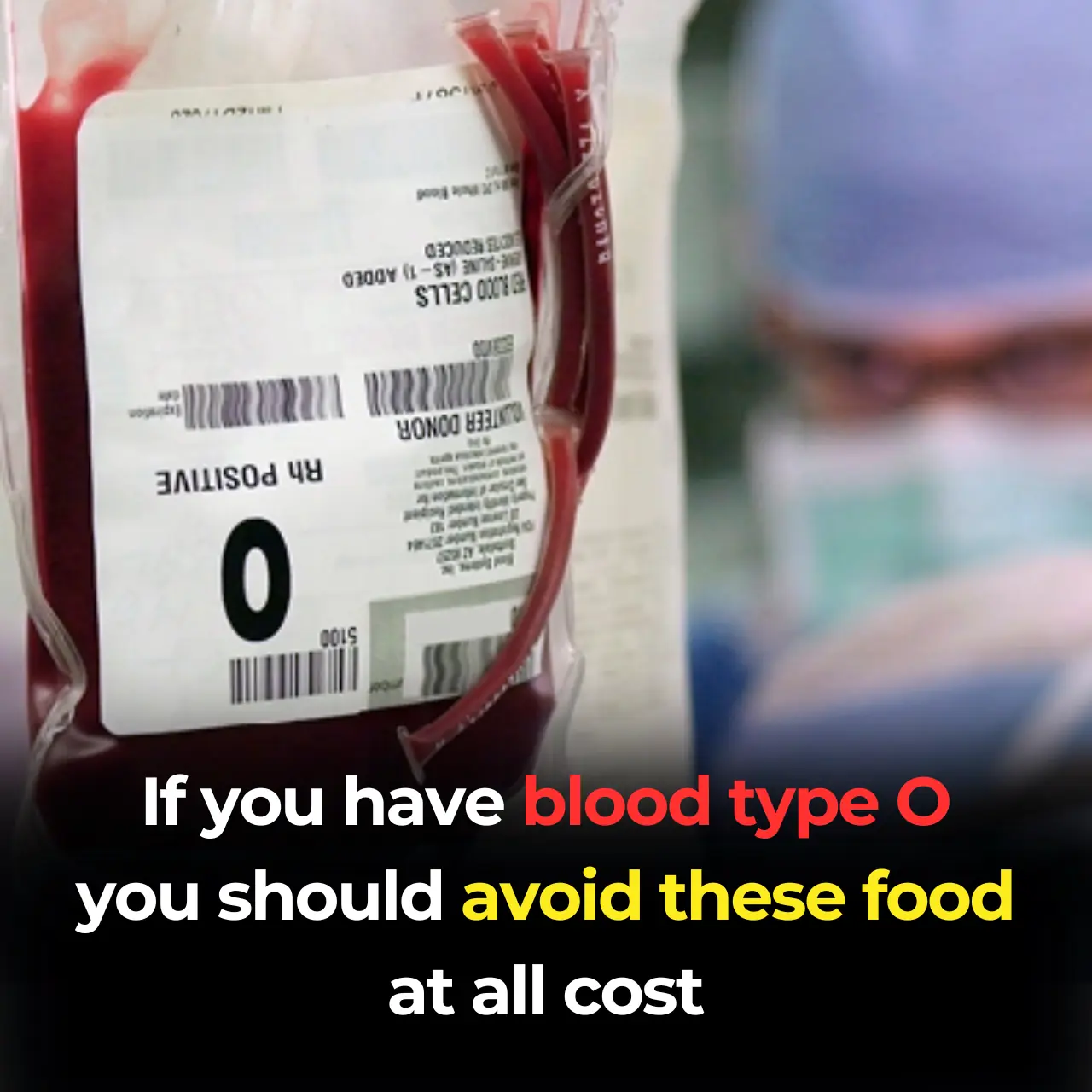
Blood Type O Diet: What to Eat and What to Avoid
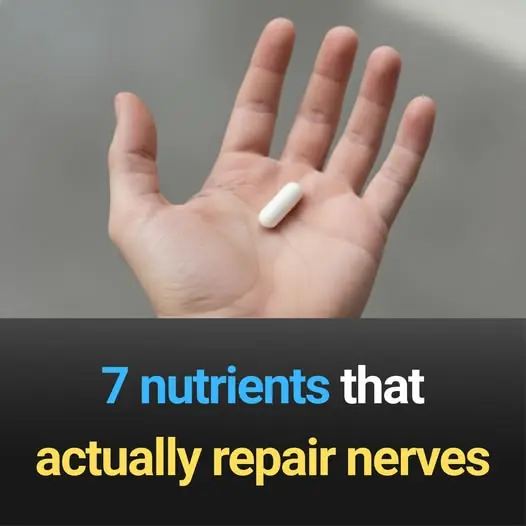
7 nutrients that actually repair nerves
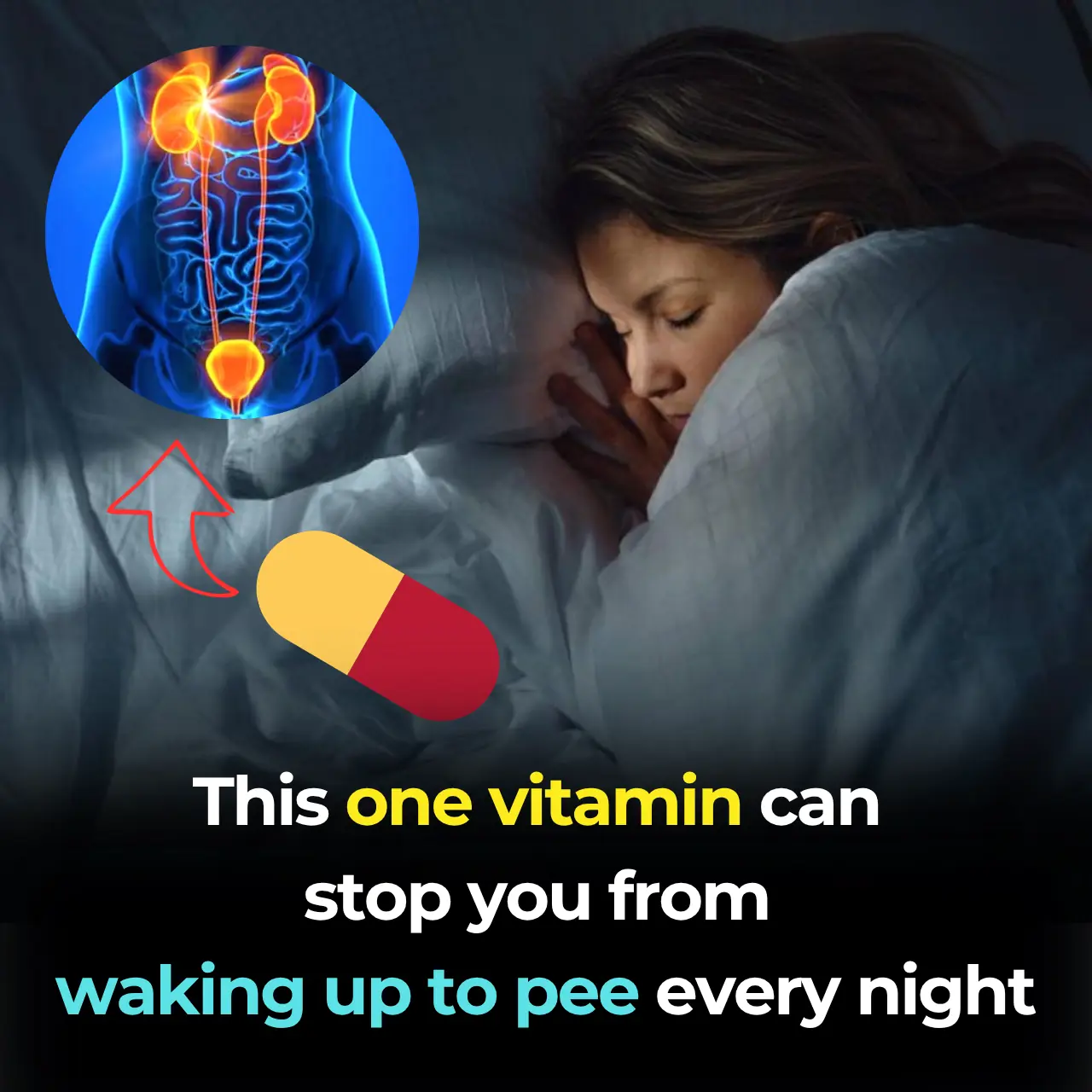
This one vitamin could help stop you from waking up to pee every night
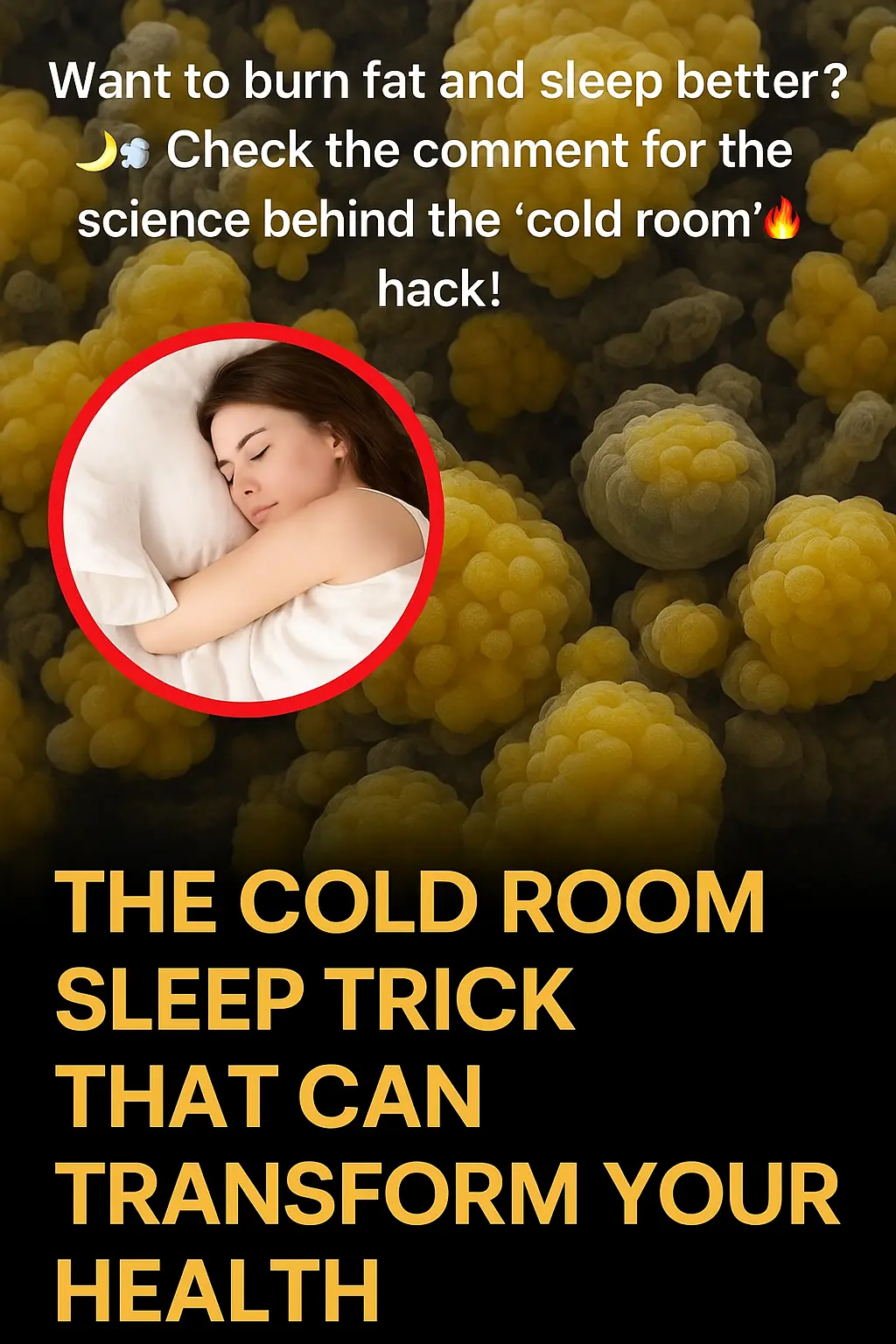
The Cold Room Sleep Trick That Can Transform Your Health
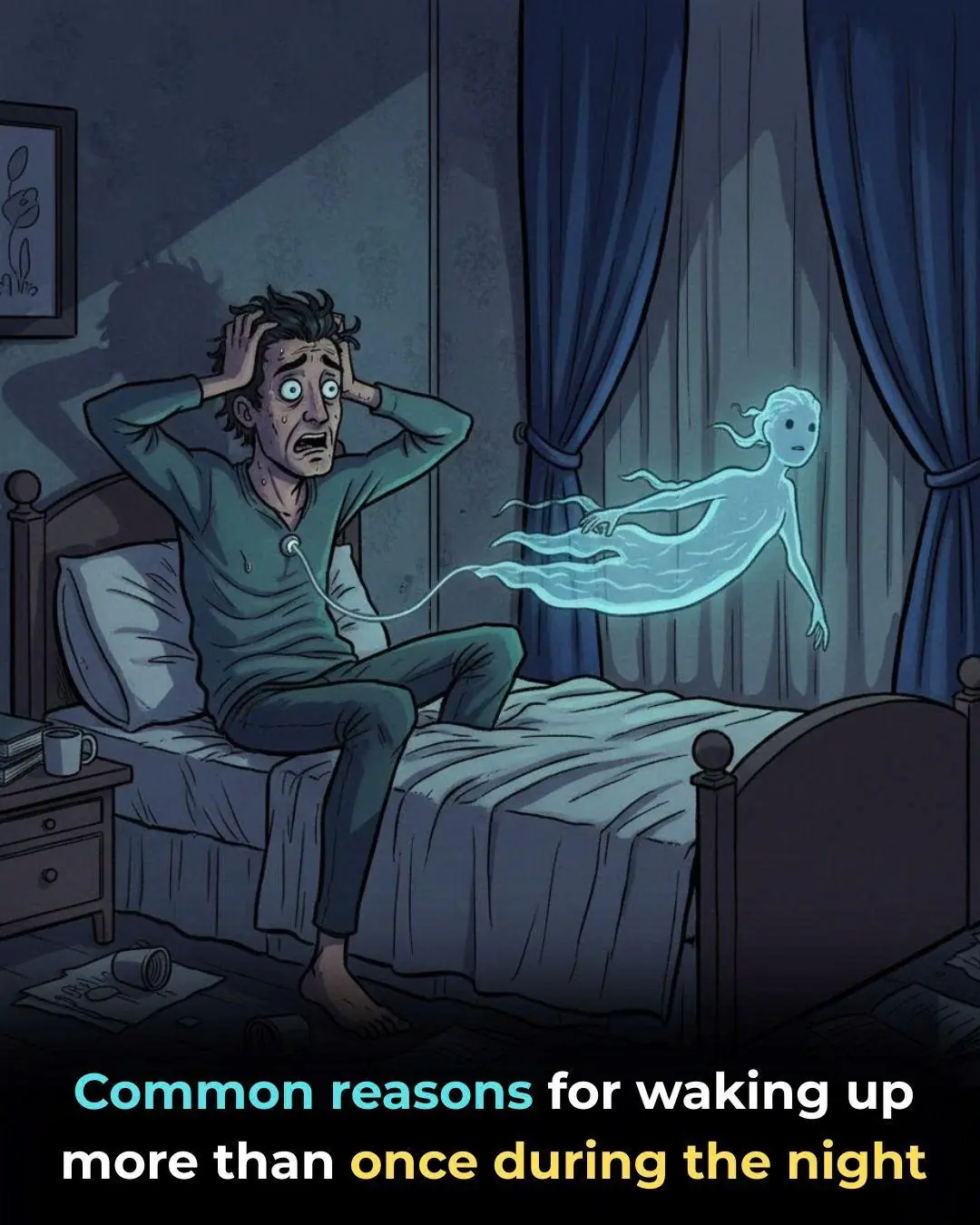
Why You Keep Waking Up at Night
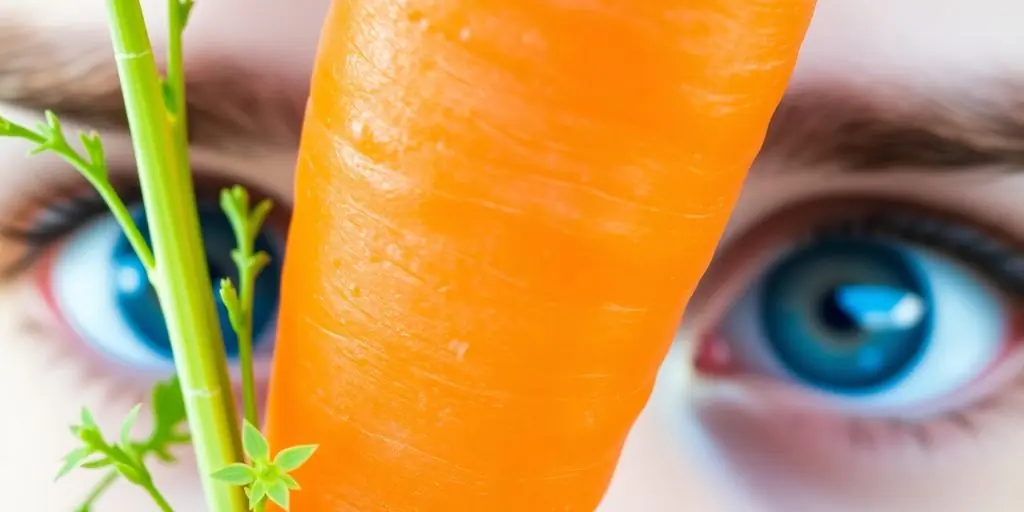
Research reveals the #1 vitamin for eye protection
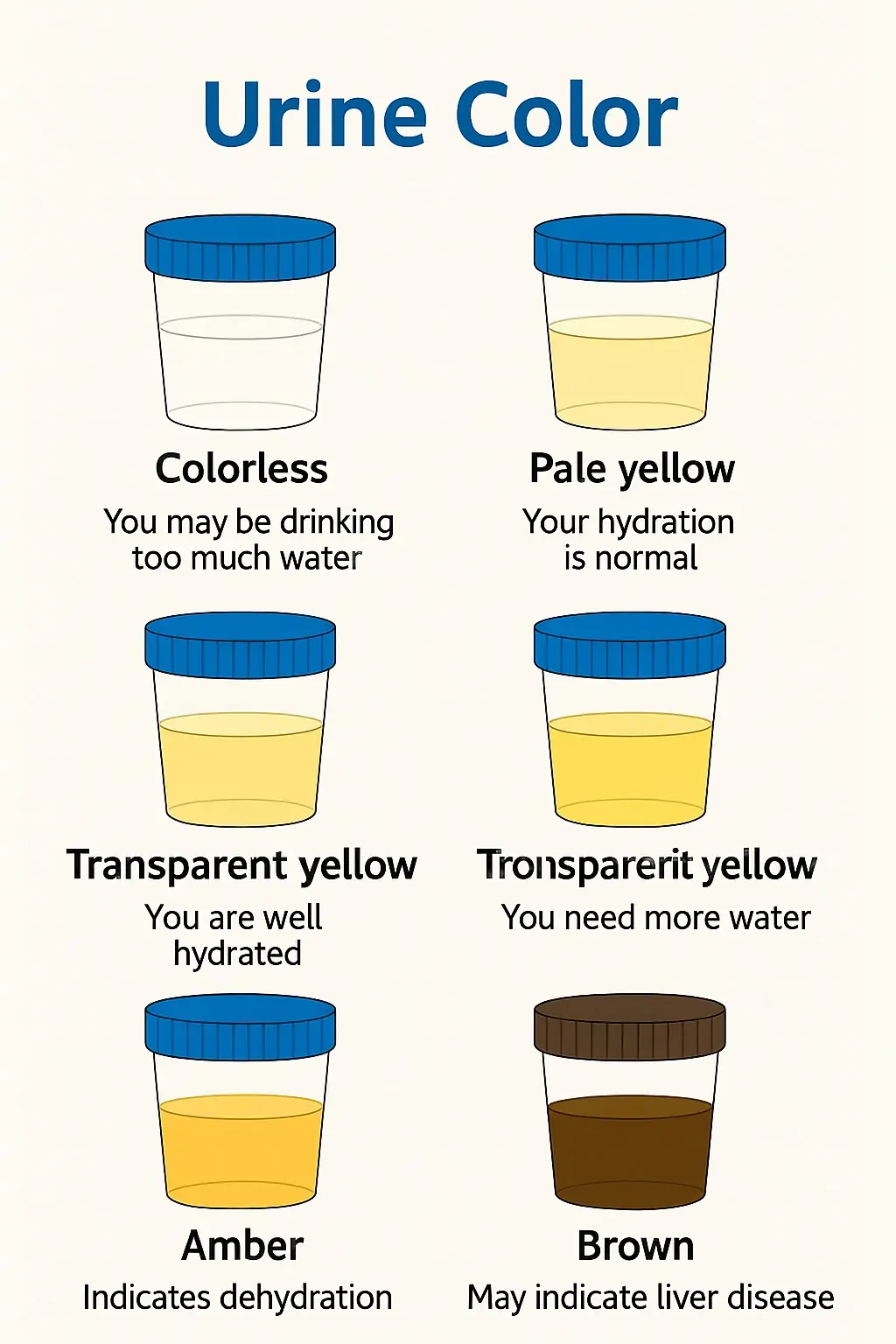
What Your Urine Color May Be Telling You (Gently & Naturally)
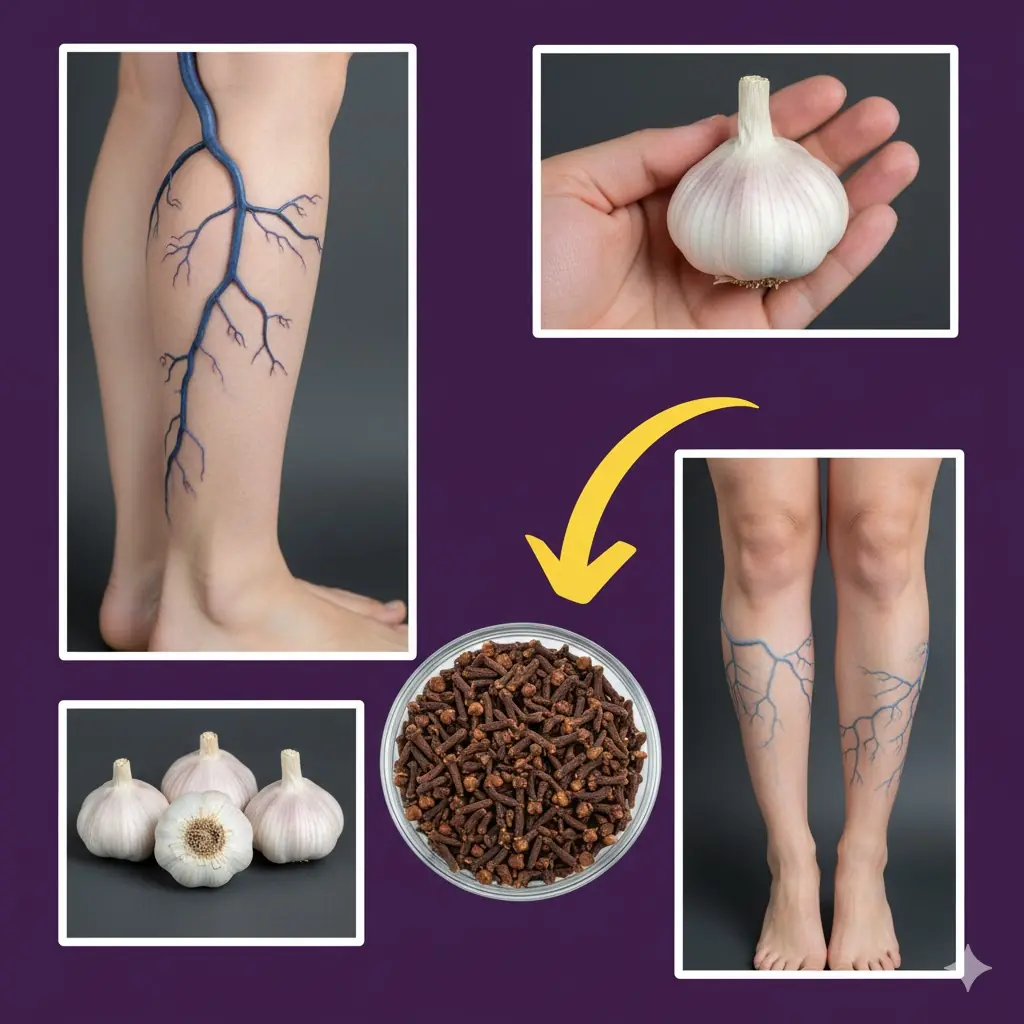
Soothe Leg Pain Naturally: Garlic & Clove Remedy for Joints, Circulation, and Comfort
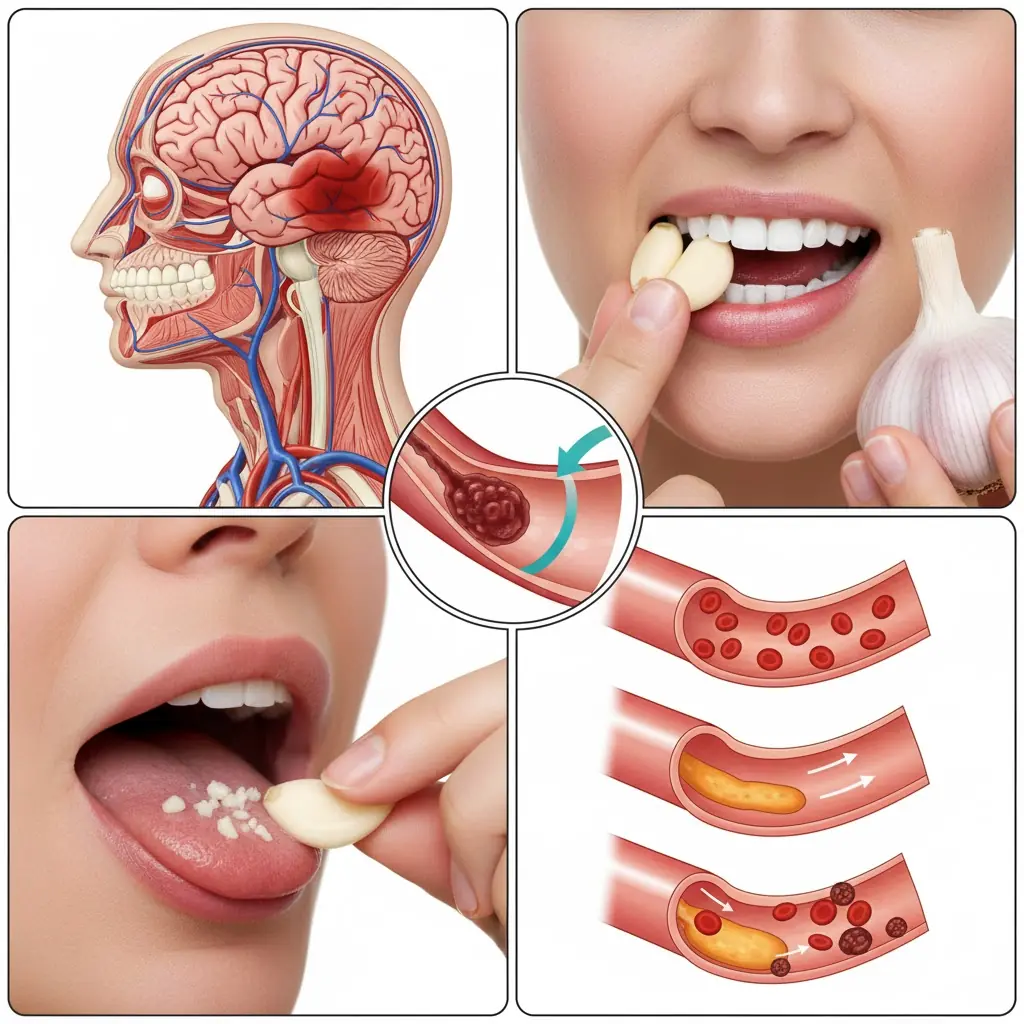
Eat Garlic — But Avoid This Common Mistake! | 95% of People Don’t Know This Simple Trick
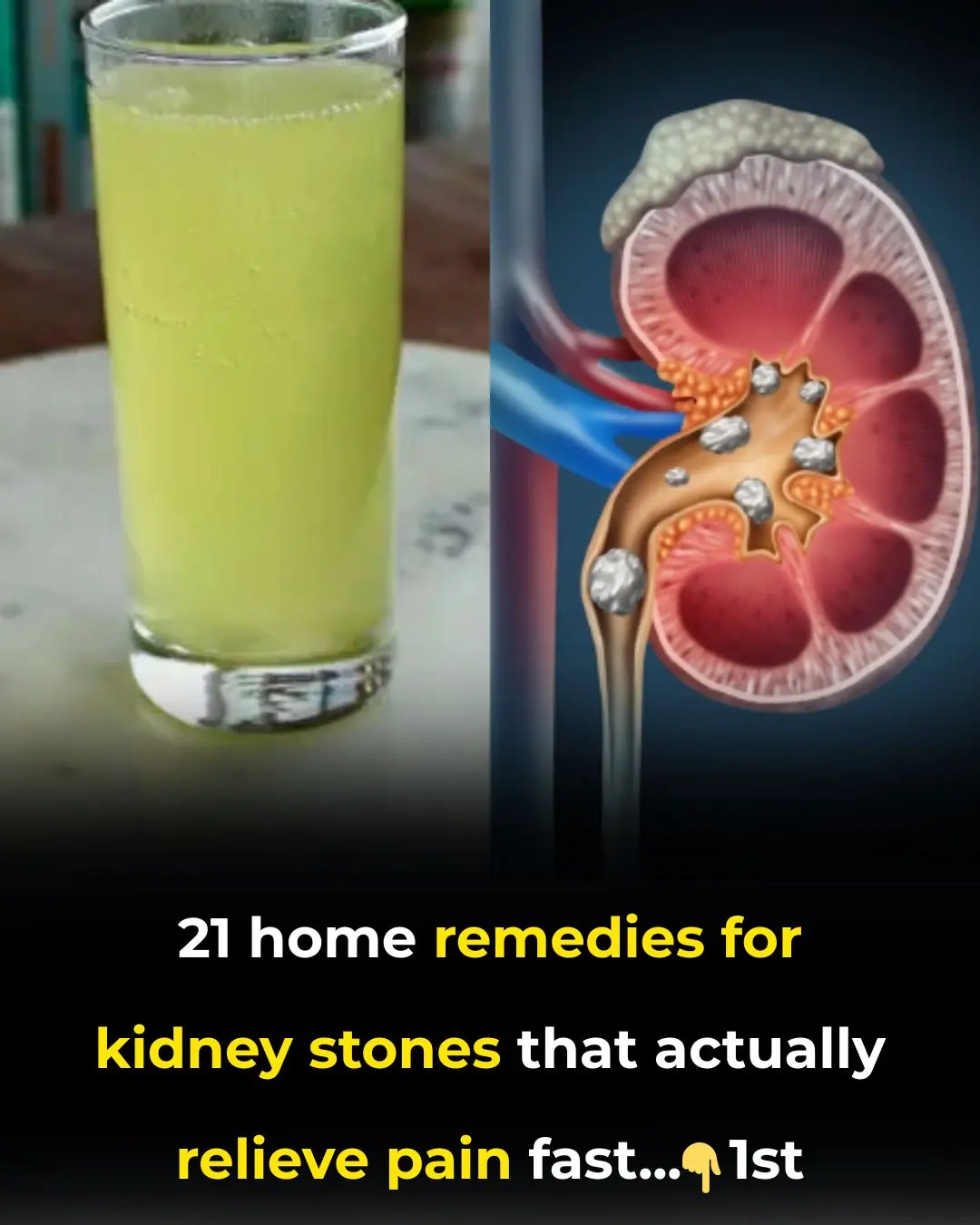
Home Remedies For Kidney Stones – 21 Remedies For Effective Pain Relief
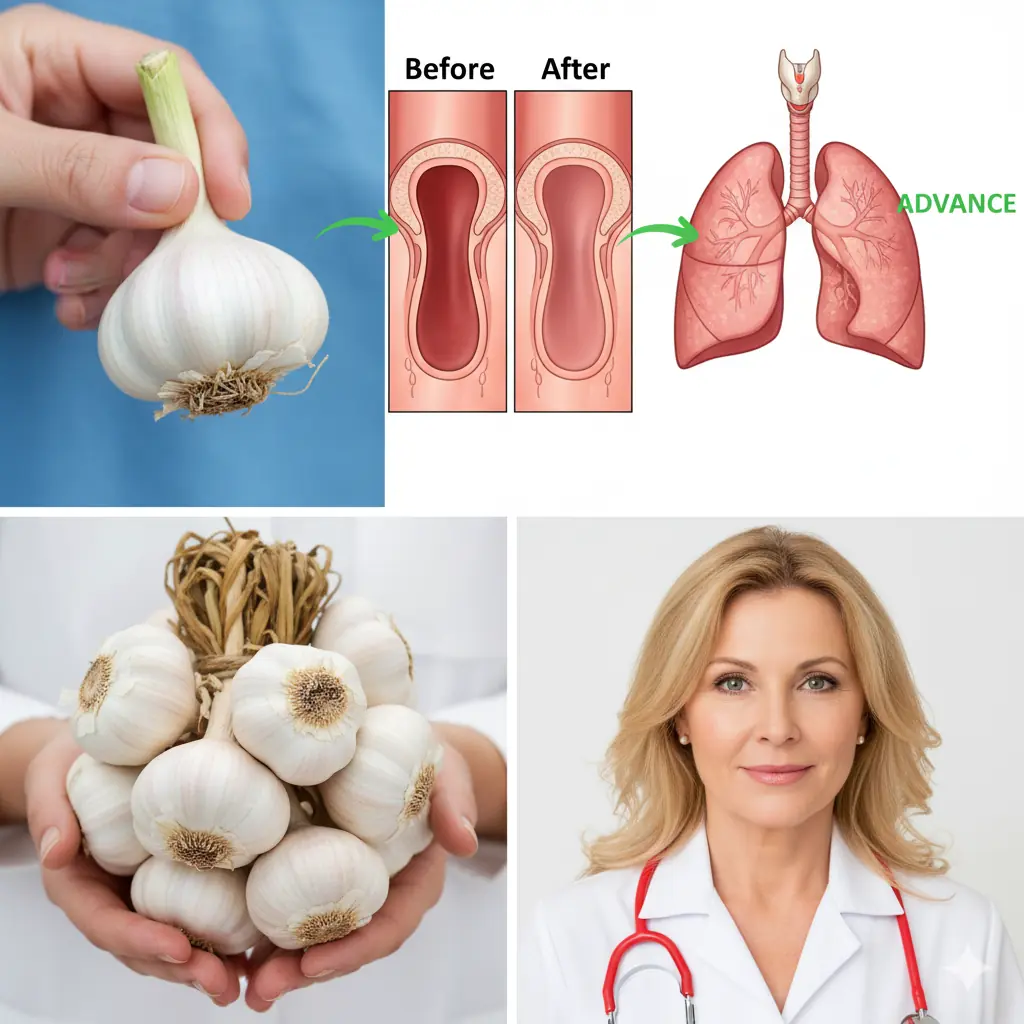
Eat One Clove of Garlic Every Morning on an Empty Stomach – and Watch These 12 Health Benefits Unfold!

Never do this when flying; many people have ruined their lives because they didn’t know better
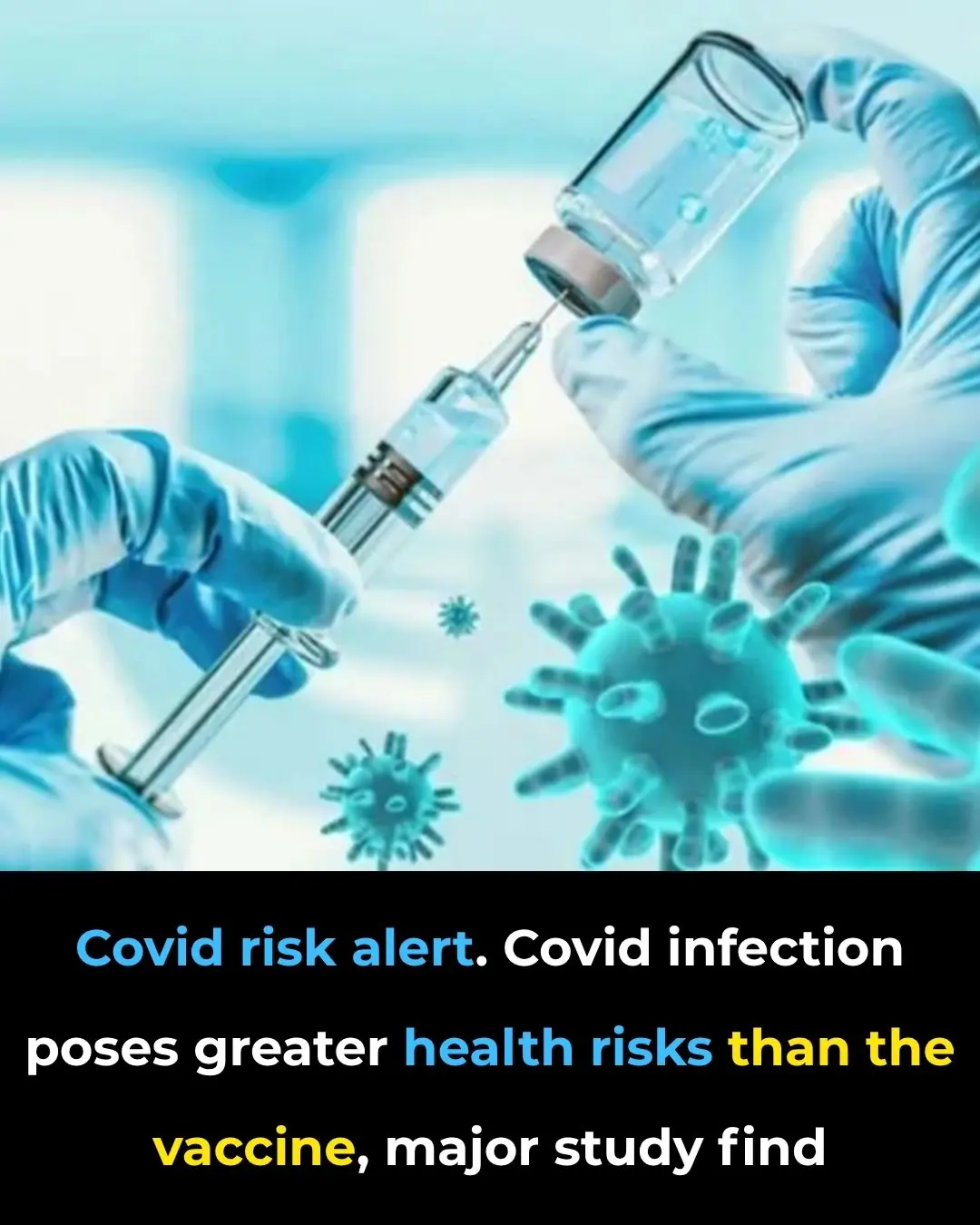
Public Health Experts Stress Vaccination as Key to Preventing Severe and Long COVID
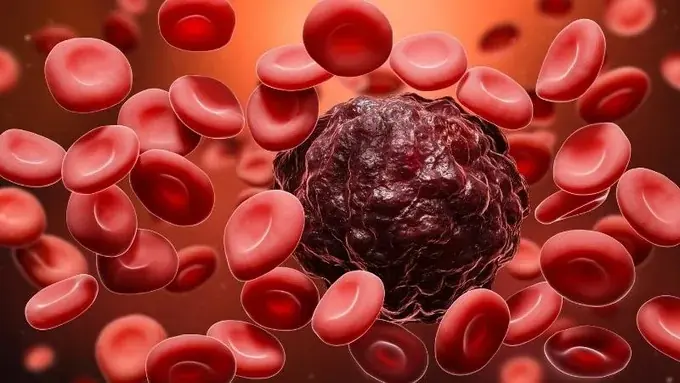
People who are about to be affected by cancer often show three unusual signs in the neck; even having just one of them can be a warning for your health
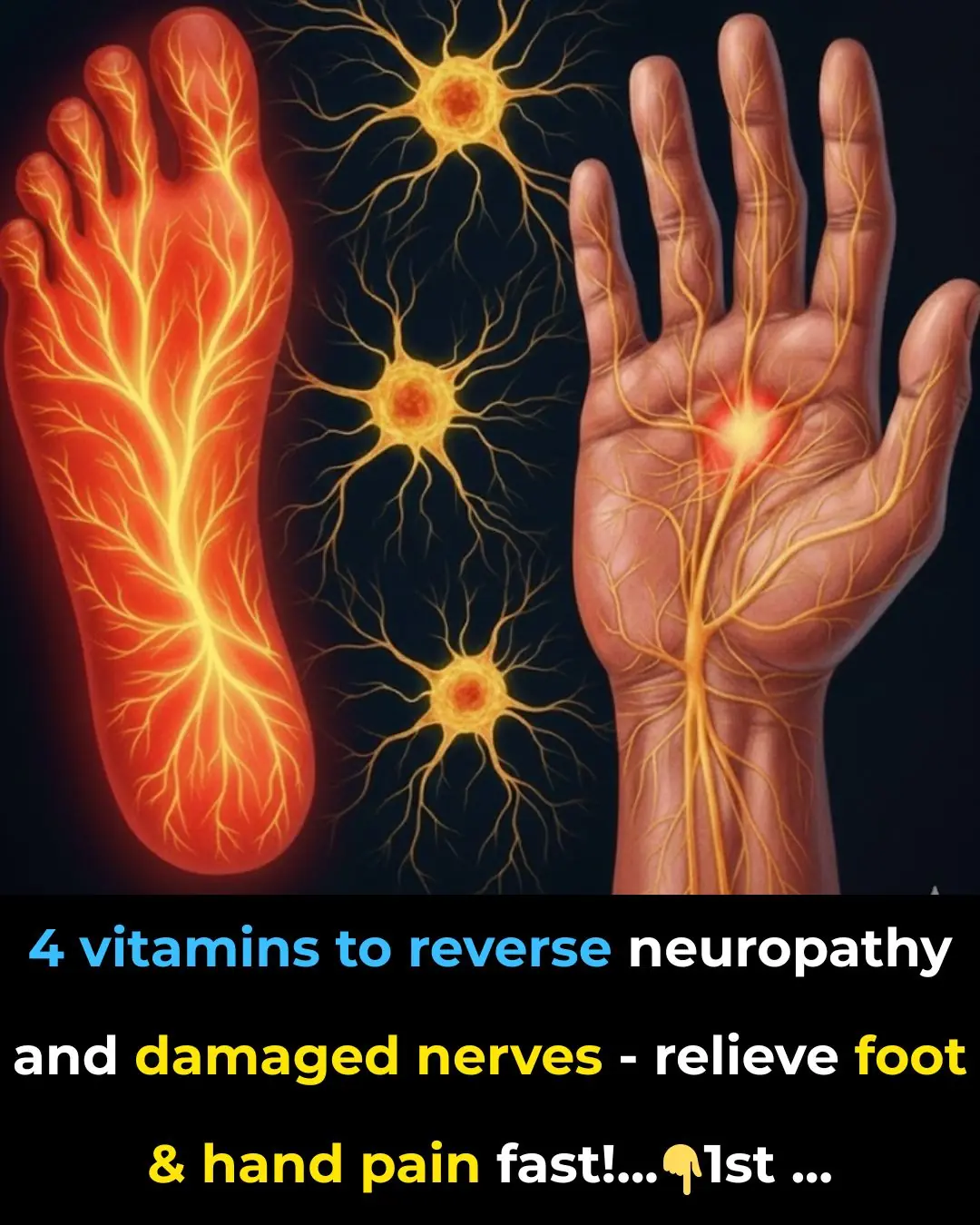
4 vitamins to reverse neuropathy and damaged nerves – relieve foot & hand pain fast!
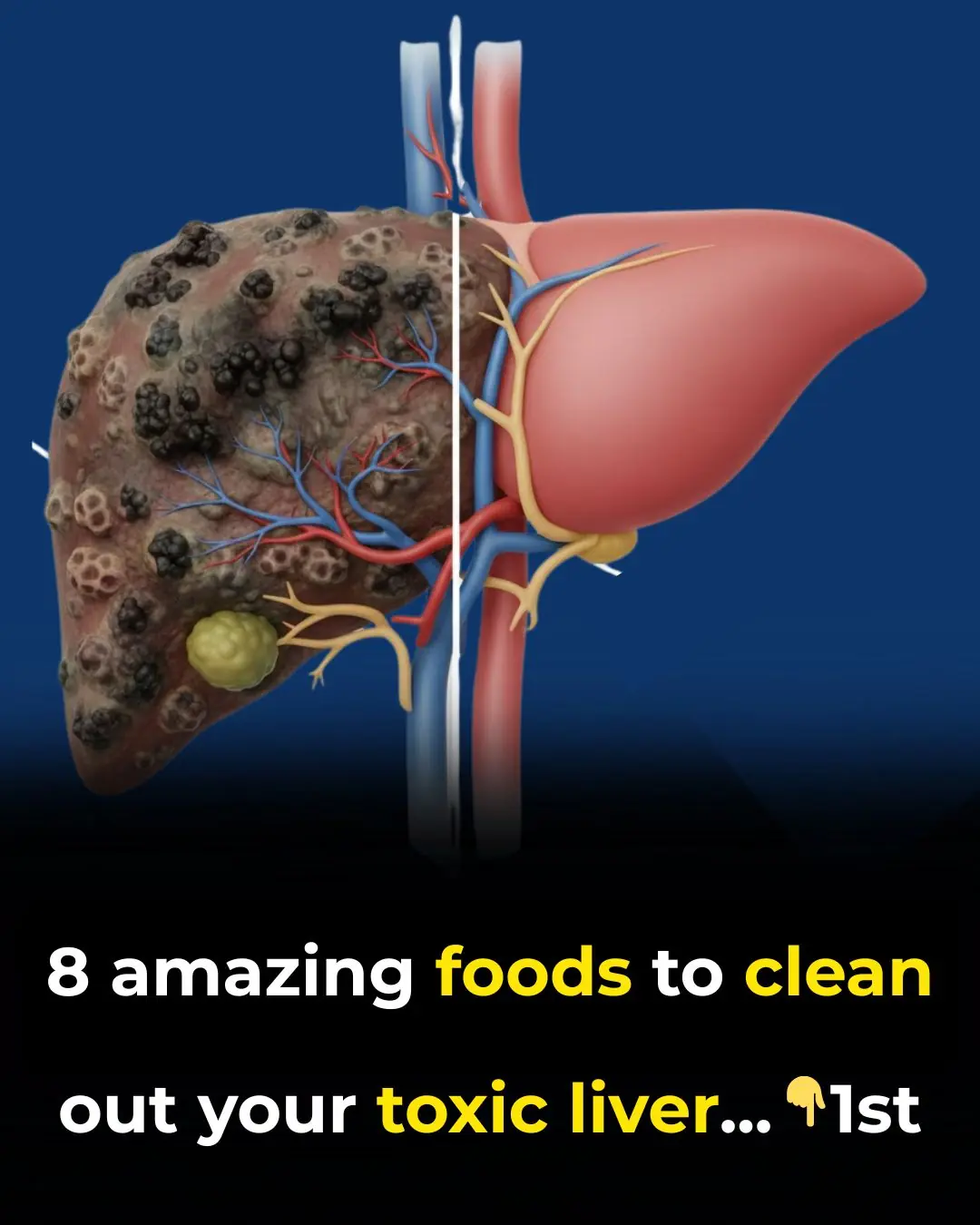
8 Amazing Foods To Clean Out Your Toxic Liver
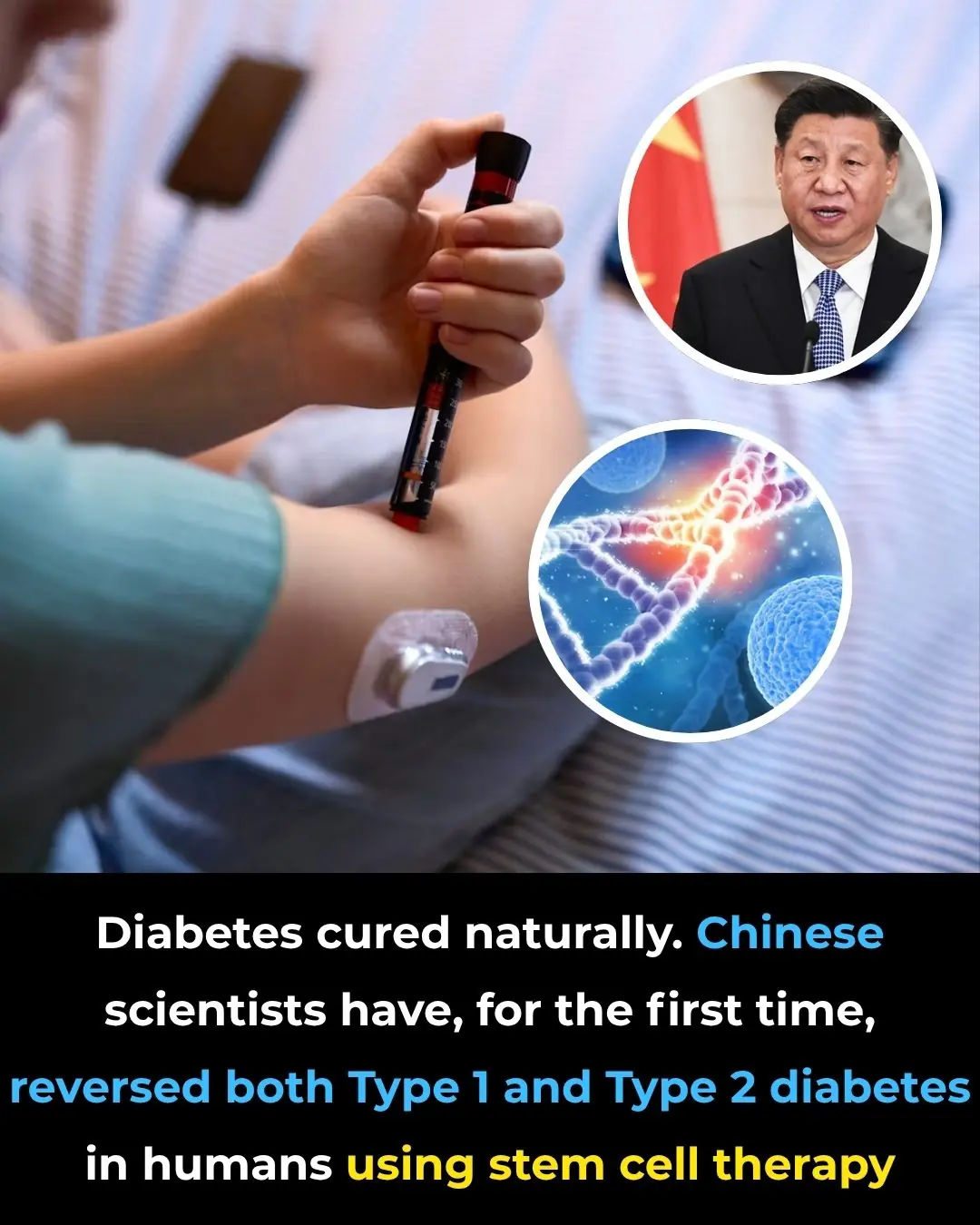
Stem Cell Breakthrough Offers New Hope for Reversing Diabetes in Early Human Trials
News Post
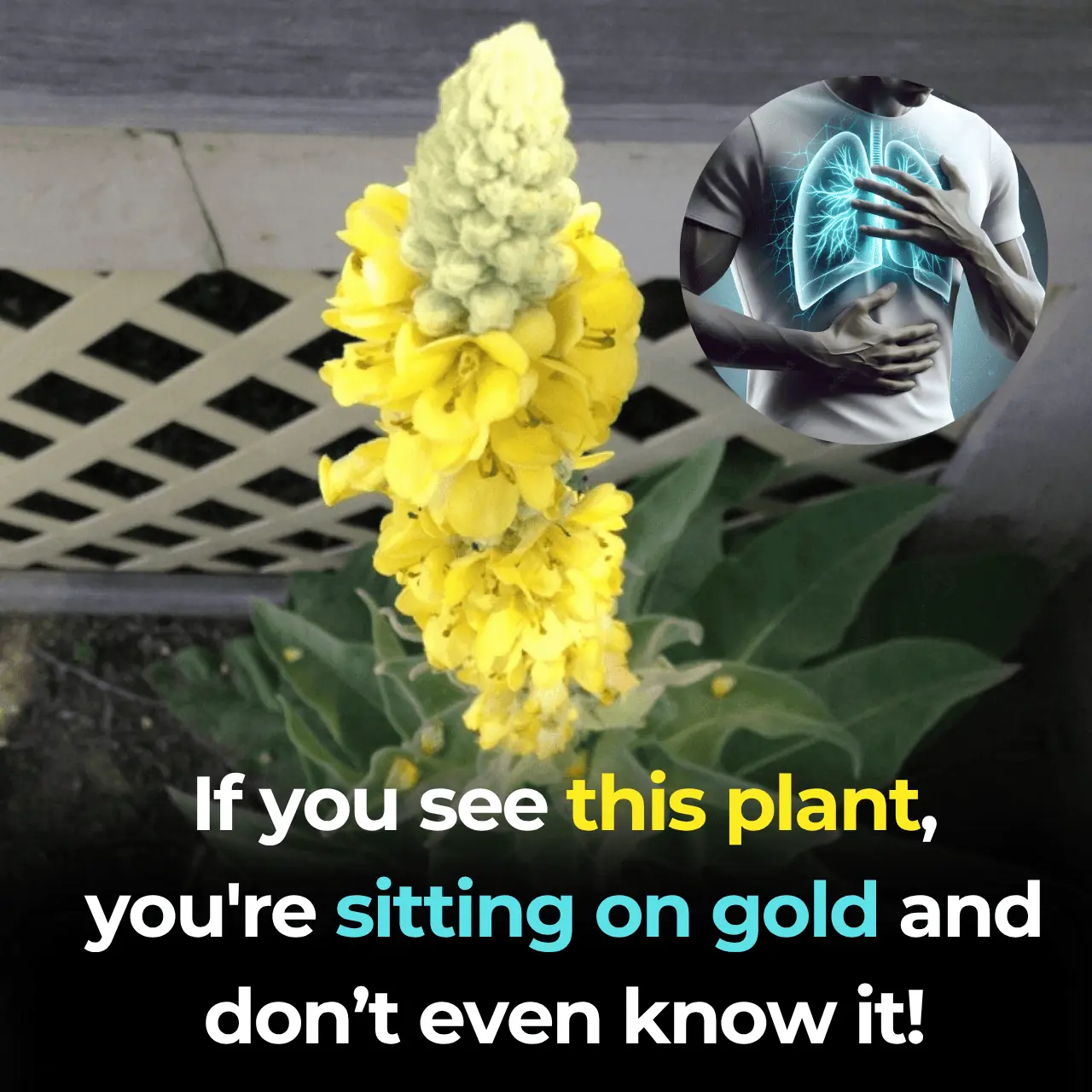
Mullein: Exploring the Benefits of Leaves, Flowers, and Roots

Airport X-Ray Scanners Upgrade: Shocking Level of Details

From White Hair to Naturally Darker Hair: Fast Home Remedies & Growth Tips
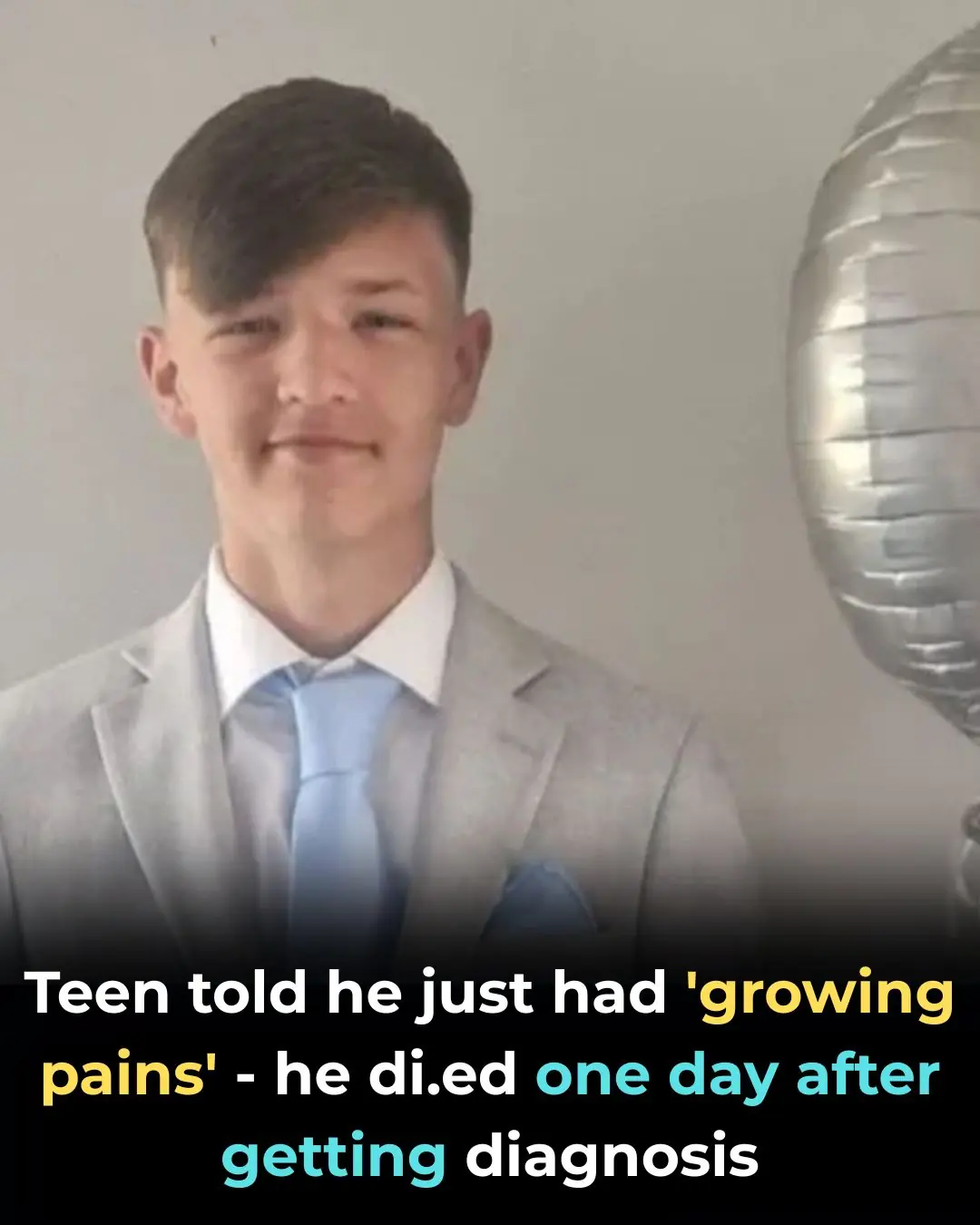
Teen told he just had ‘growing pains’ dies day after diagnosis
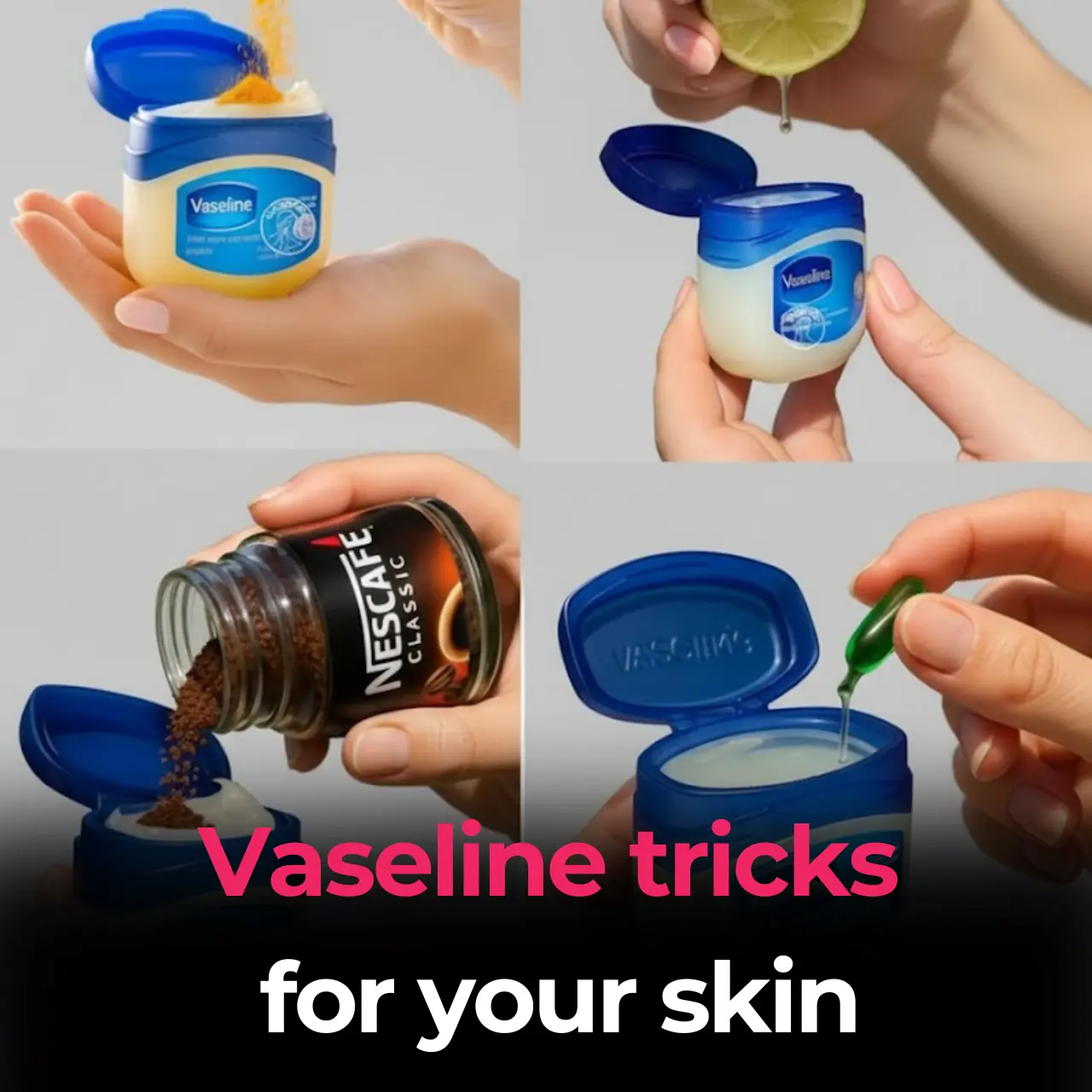
7 Ways To Use Vaseline For Wrinkle Free, Flawless Skin

EVERYTHING JAMES FRANCO SAID ABOUT BEING ‘CAST OUT’ FROM HOLLYWOOD DURING HIATUS

The #1 seed that makes bones & muscles strong—how to use it!

14 Warning Signs of Low Magnesium Levels and What to Do About It (Science Based)

Strictly Come Dancing star eliminated from competition on their birthday

Top 10 Foods to Heal Knee Pain and Boost Cartilage Naturally

Blood Type O Diet: What to Eat and What to Avoid

7 nutrients that actually repair nerves
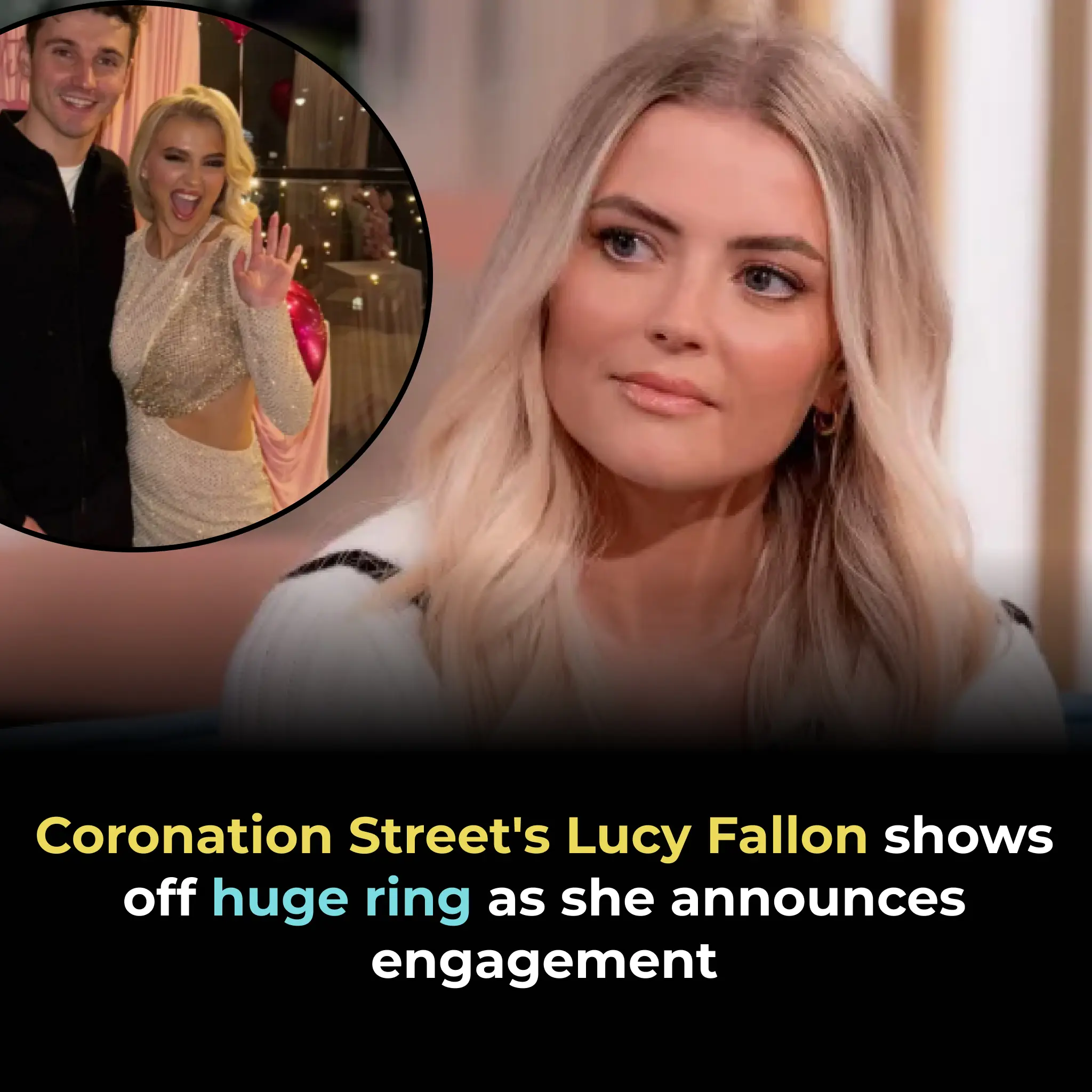
Coronation Street's Lucy Fallon shows off huge ring as she announces engagement

MAFS UK’s ‘strongest’ couple split after romantic display at reunion

The Versatility and Benefits of Orange Peel Powder

The Hidden Power of the Honey Locust Tree (Gleditsia triacanthos): Health, Healing, and Everyday Uses

This one vitamin could help stop you from waking up to pee every night

The Cold Room Sleep Trick That Can Transform Your Health

Princess Beatrice says ‘it can be incredibly lonely’ in new podcast interview
